Buddha's Birthday
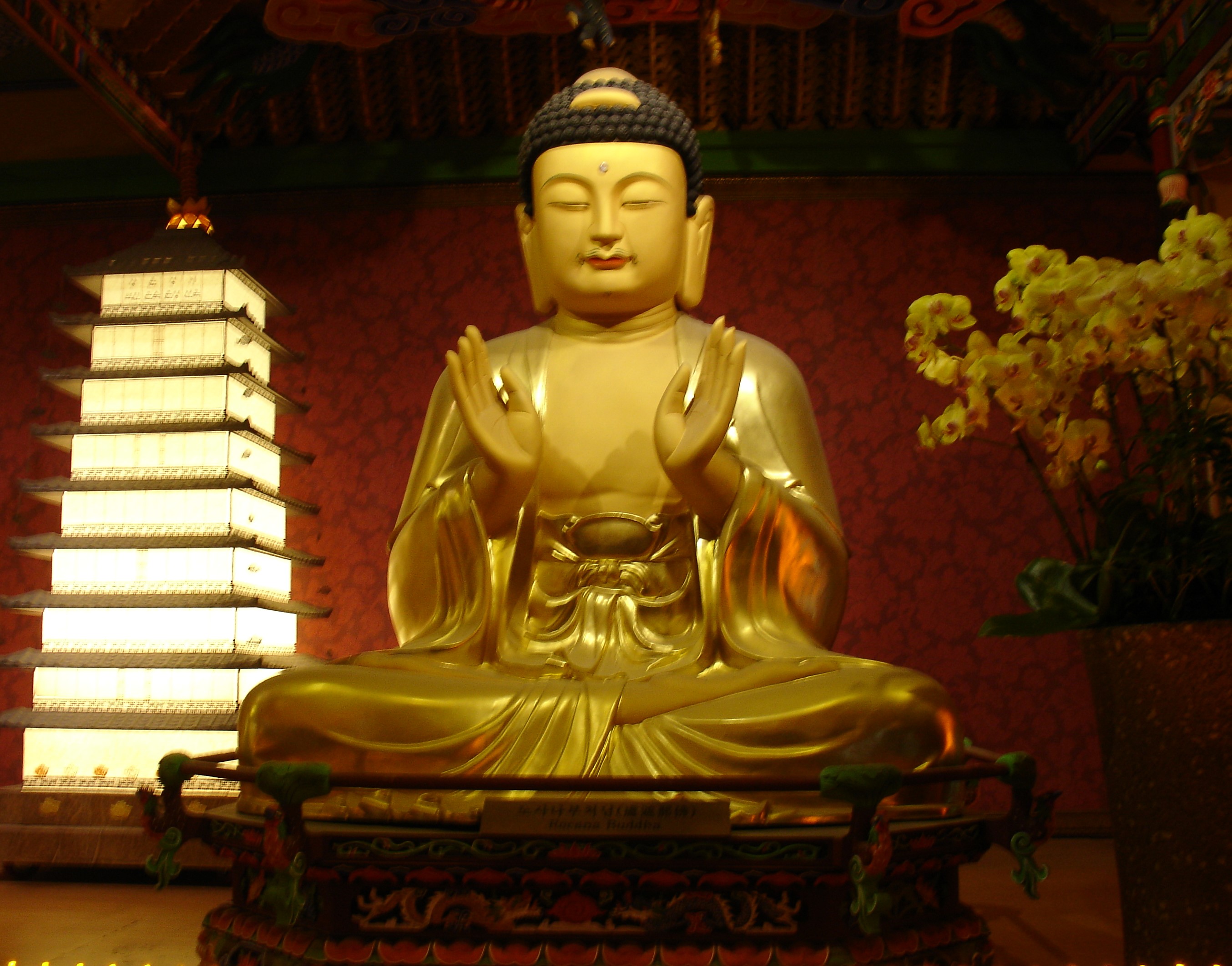
Buddha's birthday is a national holiday in many Asian countries and falls on the "full moon day" in the lunar months of April or May.
Siddhartha Gautama (c. BCE 563–480) was a wealthy Nepalese prince. He lived a luxurious, but sheltered, life within the royal court until age 29.
The prince was curious about the lives of ordinary folk, which prompted the prince to venture outside the palace, where the prince observed much unhappiness and suffering. From his experiences, he found "enlightenment" at the age of 35 and became The Buddha, whose enlightenment became the source of wisdom that is applied in the practice of modern Buddhism.
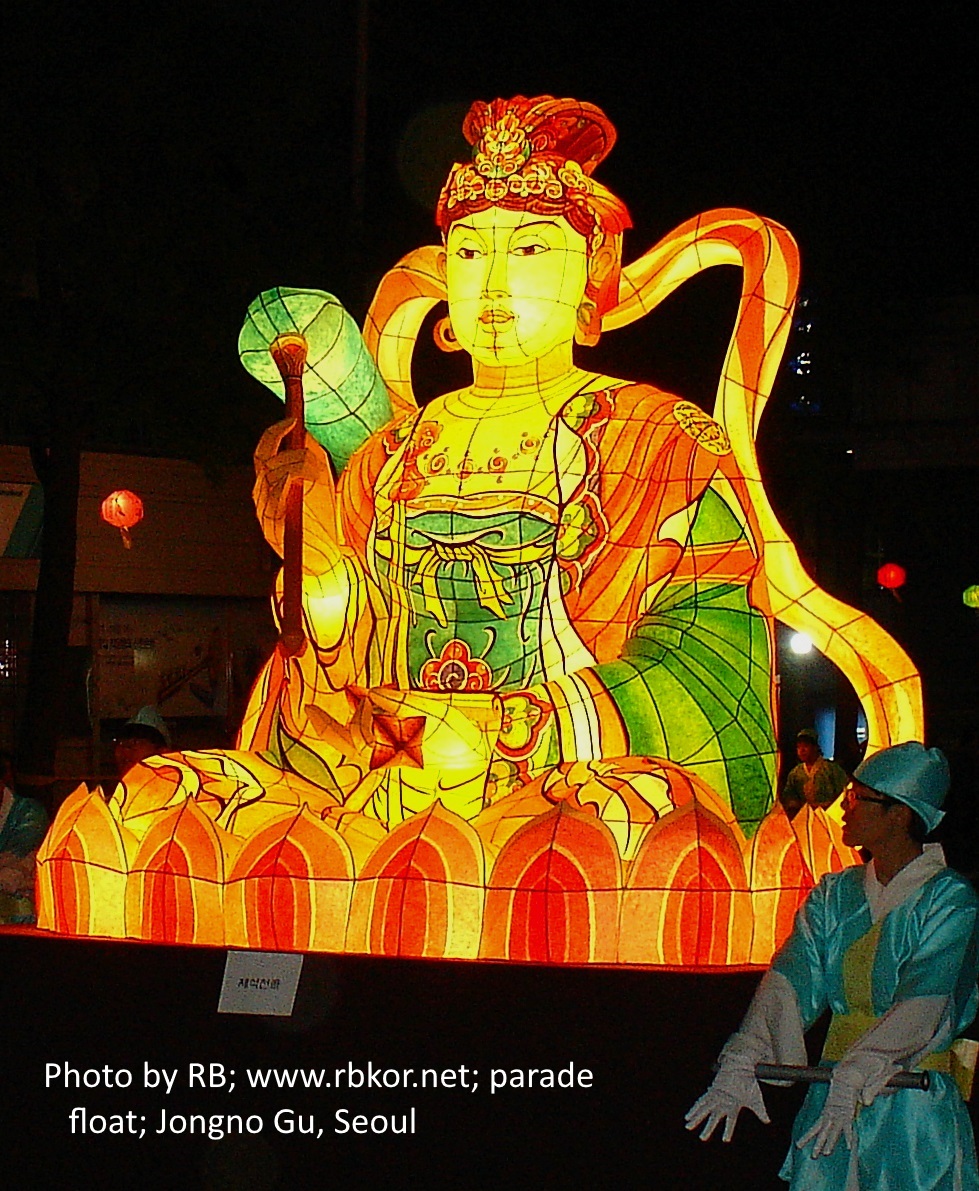 The Buddha spent the rest of his life teaching others the path to enlightenment.
The Buddha spent the rest of his life teaching others the path to enlightenment.
The Buddha's fundamental message may be interpreted to mean that our everyday behavior can be guided by the Four Noble Principles:
- life entails pain and suffering
- abuse of our desire to want is a cause of suffering
- dwelling on the past or the imagined future brings unhappiness
- the Noble Eight-fold Path, which teaches contructive behavior and harmonious living, is the path toward happiness
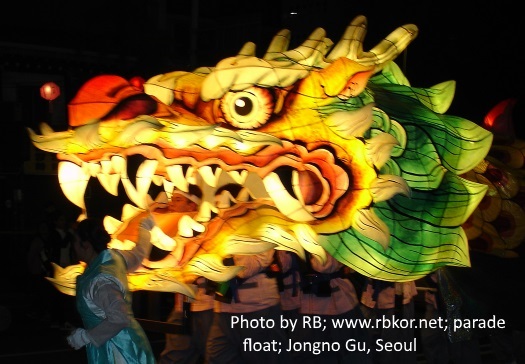
Different flavors of Buddhism prevail, as does the prevalence of different flavors of other religions. Consequently, celebration dates vary because of variations in cultural traditions, which also affect rituals and the choice of calendar.
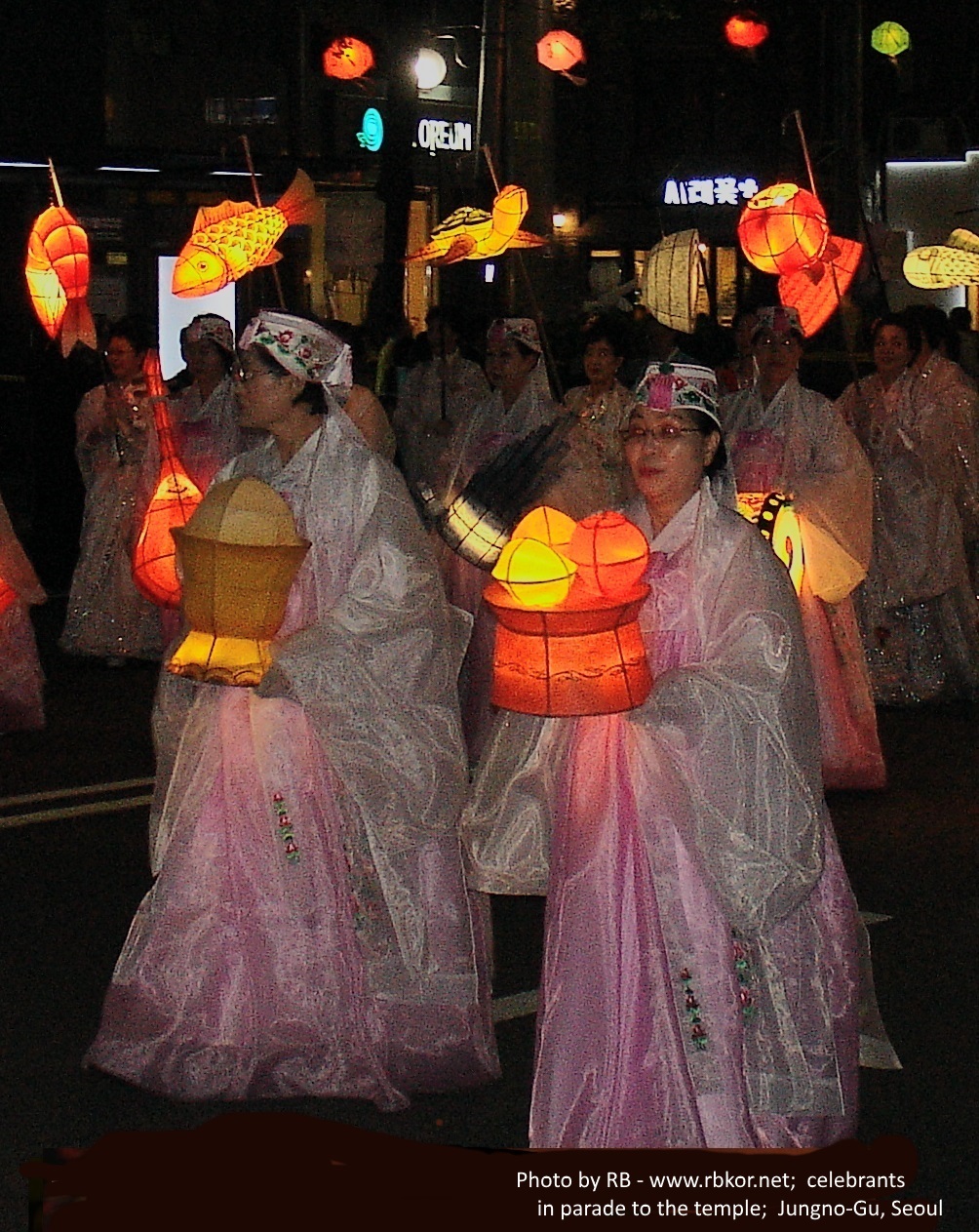 Most countries celebrate Buddha's birthday according to one form or another of the lunar calendar, although Buddha's birthday is celebrated in Japan on April 8th of the solar (Gregorian) calendar. Interestingly, Buddha's birthday is not a national holiday in North Korea, Japan, or China, though Buddha's birthday is a national holiday in South Korea, Taiwan, and Hong Kong.
Most countries celebrate Buddha's birthday according to one form or another of the lunar calendar, although Buddha's birthday is celebrated in Japan on April 8th of the solar (Gregorian) calendar. Interestingly, Buddha's birthday is not a national holiday in North Korea, Japan, or China, though Buddha's birthday is a national holiday in South Korea, Taiwan, and Hong Kong.
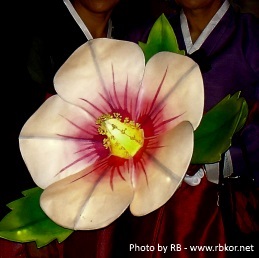
When Buddha's birthday is celebrated according to the lunar calendar, this special day falls each year on a different solar date. For example, in the solar year 2017, Buddha's birthday falls on May 3, which is May 8 on the lunar calendar; in the year 2018, however, the solar date of Buddha's birthday will be May 29, while the lunar date will be April 15.
In Korea, lantern-carrying celebrants parade in the neighborhoods of temples and many lanterns adorn the air with shining bright colors. The highlight of parades is the armada of brilliantly lit floats that carry depictions of characters and themes in Buddhist ritual. A prominant object in Buddhist practice is the display of lighted replicas of lotus flowers and lotus-shaped paper flowers that colorfully represent a beautiful flower that arises from foul-smelling swampy waters.
![Gathering at Jogyesa [Joe-gyeh sah; sah = temple]; photo by RB (www.rbkor.net) Gathering at the temple](4_Graphics/LanternDisplay.jpg)
Note: Many tourist sites related to Buddhism exist in South Korea. Foreign visitors in Seoul may want to have a "Meditation" experience, which is available in English at the Jogye [joe gyeh] Order's International Seon [sun = zen] Center in Mokdong [moke-dohng], Seoul (Subway Line Number 5, Omokyo Station). Meditation practice is a free service at some temples.
Buddhism has molded the culture of many Asian societies; thus, Buddha's birthday is a national holiday in many countries. Despite only 25 percent of South Koreans being Buddhist, Buddha's birthday is a national holiday. Another quarter of South Korea's population celebrates Christ's birthday on December 25 of the solar calendar, which is also a national holiday in South Korea. Fifty percent of the South Korean population claim no religious affiliation.
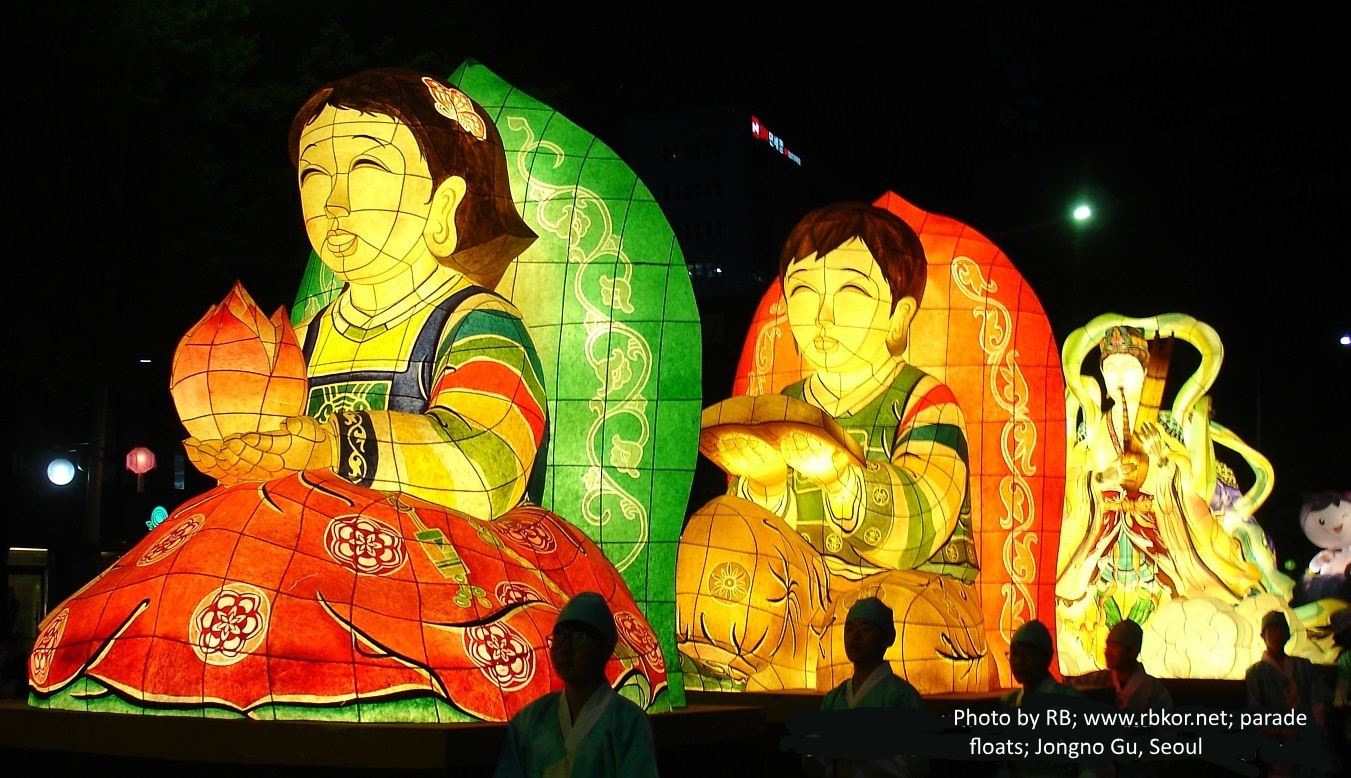
Across numerous cultural lines, special occasions often call for special foods. Buddhist tradition suggests eating only vegetarian foods. In the Korean tradition, for example in South Korea, bee-bim-bop (vegetables and rice wrapped in seaweed) or jook (thick rice poridge) are favorites. Food recommendations are relevant to the Buddhist notion that the health of the body is necessary for the health of the mind and spirit.